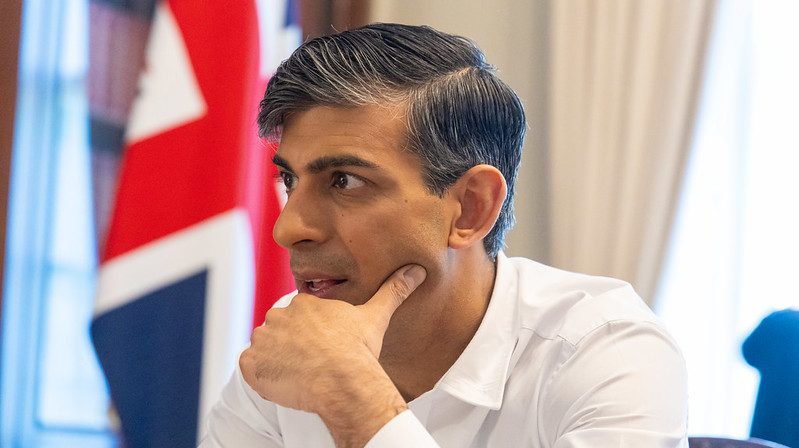Recently, prime minister Rishi Sunak proposed a plan to crackdown on sick notes and disability benefits. Calling it “sick note culture” is a judgemental announcement made in a very insensitive way. Generalising people is not a suitable approach for a person responsible for making policies.
Politicians and policy makers are a very important part of any nation, as they have the power to make strategic decisions and formulate policies to support citizens accordingly. It’s unfortunate that the prime minister fails to recognise that, for people living on low incomes or who are struggling financially, the cost of living remains a real barrier. Does he not know how people on low income backgrounds remain unheard, remain on waiting lists for years, without adequate support, and it can lead to long-term harm?
My daughter suffers on a daily basis. She, like many children who are suffering with mental health issues, remained unheard because of long waiting lists. When her school managed to arrange some support, it made a massive difference on her learning and achievements. I was so appreciative.
Unfortunately we are back at square one, having to change schools because of a house move and the recent school refused any support. They told us there are not enough funds and services available to meet her mental health needs. I couldn’t protest as we are left with no options.
- Sunak’s call to end ‘sick note culture’ and reform benefits is ‘demonising’ disabled and sick people
- DWP disability benefit cuts will impact 450,000 people – but very few will actually find paid work
The NHS is massively underfunded and overwhelmed staff are not to be blamed: is it not the duty of the government to provide quality healthcare and accessible services to our younger generation for the prosperity of our future?
The healthcare system and social security should be interlinked. A lot of unwell people are not getting the right financial support because they are not aware of what they are entitled to following a diagnosis or disability.









